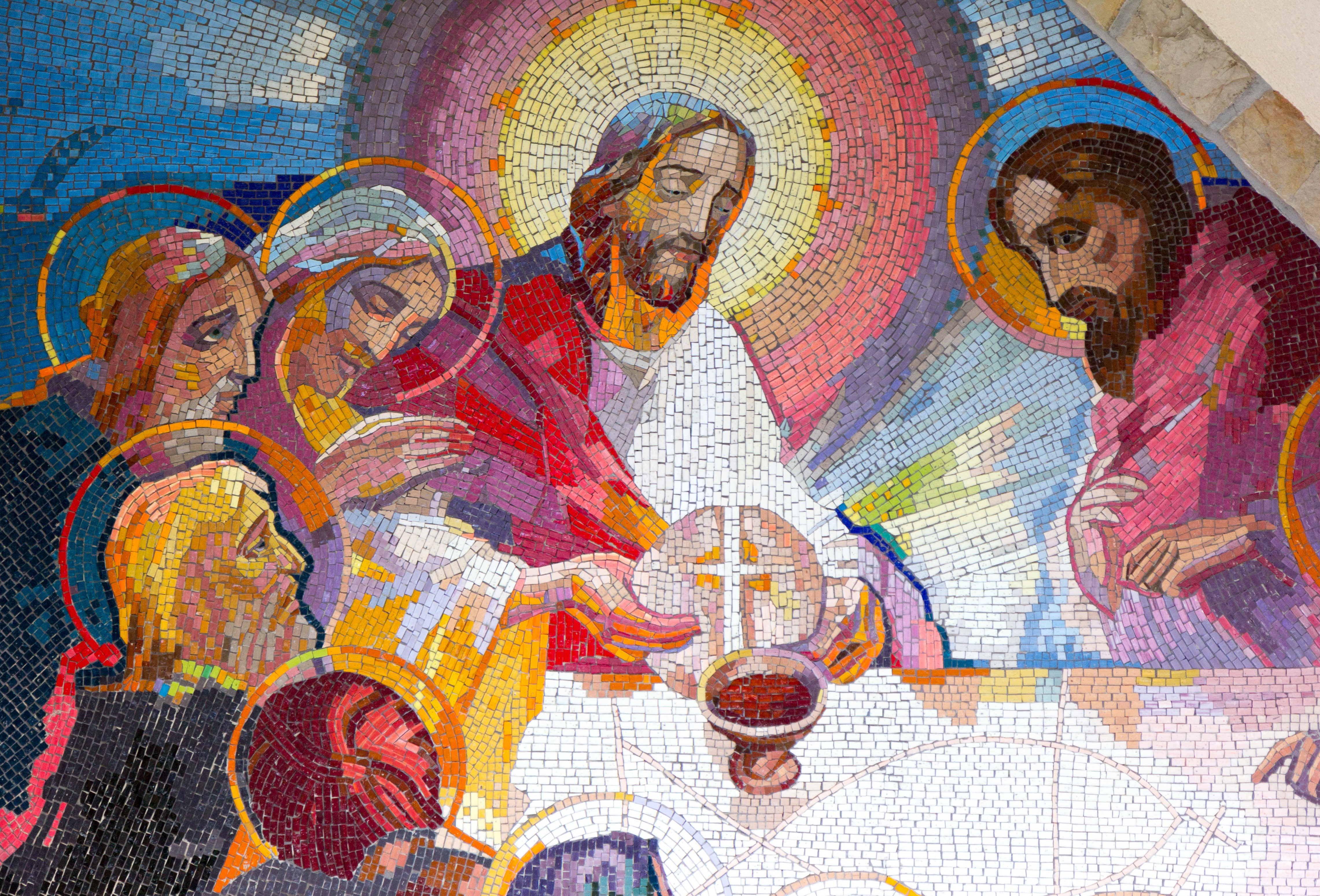Imagine that you received a special delivery thank you letter from God—not a form letter or a computer-generated direct mail piece, but a personal letter from God to you in God’s own handwriting.
What would the Almighty God have to thank you for?
Would he thank you for keeping the commandments? For your faithful attendance at Sunday Mass or the frequent confession of your sins? Would God be writing to thank you for your works of charity or for your daily prayers? Would he thank you for loving your spouse and your children, for working hard to support your family, or for your generosity to those who are less fortunate than you?
If God sent you a thank you letter, what would it say?
Does the question make you a little uncomfortable? After all, we’re the ones who are supposed to thank God. Why would he thank us? Is it even proper for the one who is the giver (God) to thank those who are the beneficiaries of his generosity (us)?
And yet, we know that generous people are often the first to say thank you. Frequently they give out of gratitude, out of a genuine sense of appreciation for all the ways that they themselves have been blessed. Could it be that God feels the same way? If God is the Supreme Giver, the Being who is filled to overflowing with love and goodness, and the one who creates and sustains life out of an abundance of creative power, could it not be that the heart of God is filled with gratitude and that the outpouring of God’s grace is his way of giving thanks?
We know that God is infinitely generous, and that leads us to believe that he is also infinitely grateful. Why? Because even the most basic reflection on Christian stewardship reveals that gratitude and generosity are inseparable. Responsible stewardship flows from a keen awareness that all we have and all we are comes to us from a generous and loving Father. But God isn’t a steward, is he? He’s the Creator and, therefore, the owner of all things.
True enough, but God became man—like us in all things but sin. That means he became a steward. He became a human person who is grateful, responsible, generous, and willing to give back to the Father with increase. God became man to show us how to live—to free us from our ingratitude, our irresponsibility, our selfishness, and our abuse of his generosity.
If God sent you (or me) a thank you letter, here’s what I think it might say: “Thank you for being my daughter (or son). Thank you for loving others and for trying to be good. I know it isn’t easy, but I want you to be truly happy. When you fail, say you’re sorry and resolve to sin no more. Love others as I love you. Don’t be selfish or resentful. Say thank you—to the people you love, to the people you work with, to your neighbors and to me. I love you. I appreciate you. I’m grateful for all your efforts to be a good and generous steward of my gifts. Thank you.”


